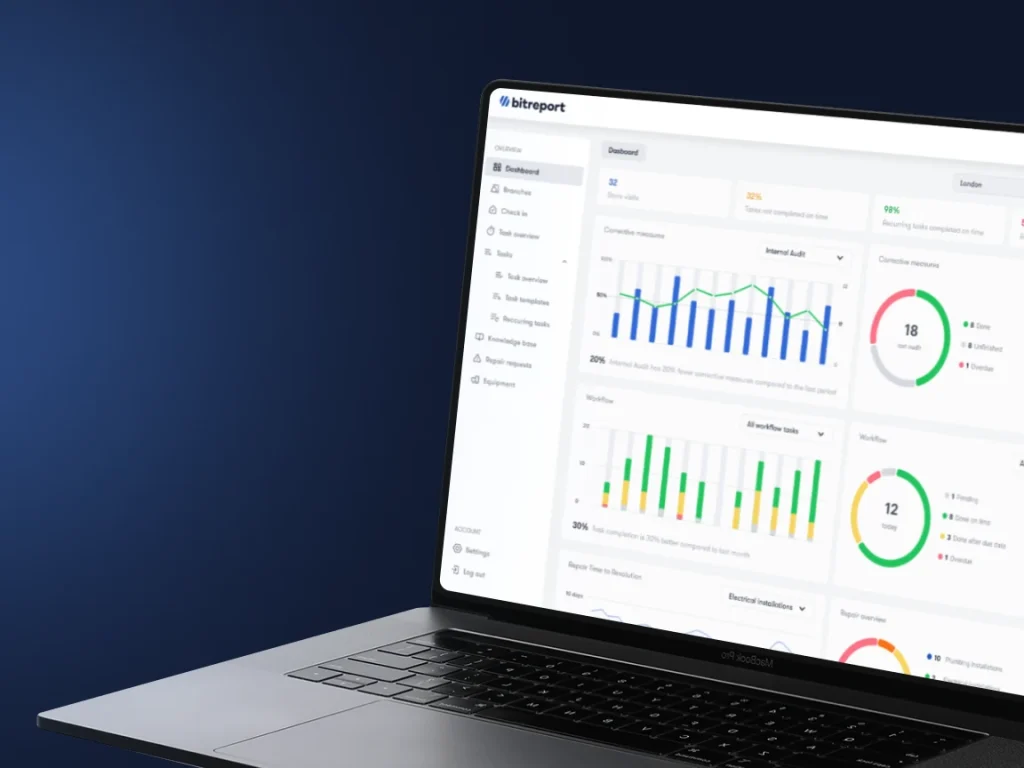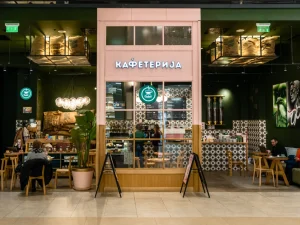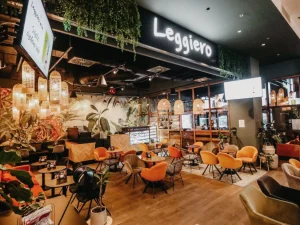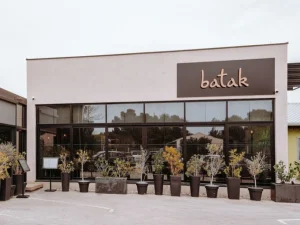Running a restaurant isn’t just about great food and good vibes anymore.
You’re juggling schedules, tracking inventory, watching costs, managing orders, and trying not to drown in spreadsheets while doing it.
That’s why restaurant management software has gone from “nice to have” to absolutely essential in 2025.
Read: Mastering Restaurant Operations: A Complete Guide
The good news? There’s a tool out there that can actually make your job easier, whether you’re trying to reduce waste, improve scheduling, or finally get visibility into what’s working (and what’s quietly draining your margins).
The tricky part? Not all software is built the same.
So we’ve done the digging for you. Below are five of the best restaurant management platforms in 2025, each designed to solve real, daily problems, not just look flashy in a demo. Whether you’re running a single kitchen or scaling multiple locations, there’s something here to help you work smarter, not harder.
Let’s dive in.
Bitreport – Best for Streamlined Restaurant Operations and Real-Time Task Tracking
Perfect for: Restaurant chains, cafés, and QSRs that want to digitize daily operations, enforce brand standards, and cut down on manual task tracking.
Bitreport is a mobile-first restaurant operations platform designed to replace scattered communication tools like spreadsheets, WhatsApp messages, and sticky notes. Whether you’re running a single café or managing a chain of quick-service restaurants, Bitreport helps you standardize day-to-day operations, maintain hygiene and service quality, and ensure every shift runs smoothly.
It’s especially effective for teams looking to digitize checklists, speed up issue resolution, and ensure tasks are completed with full accountability.
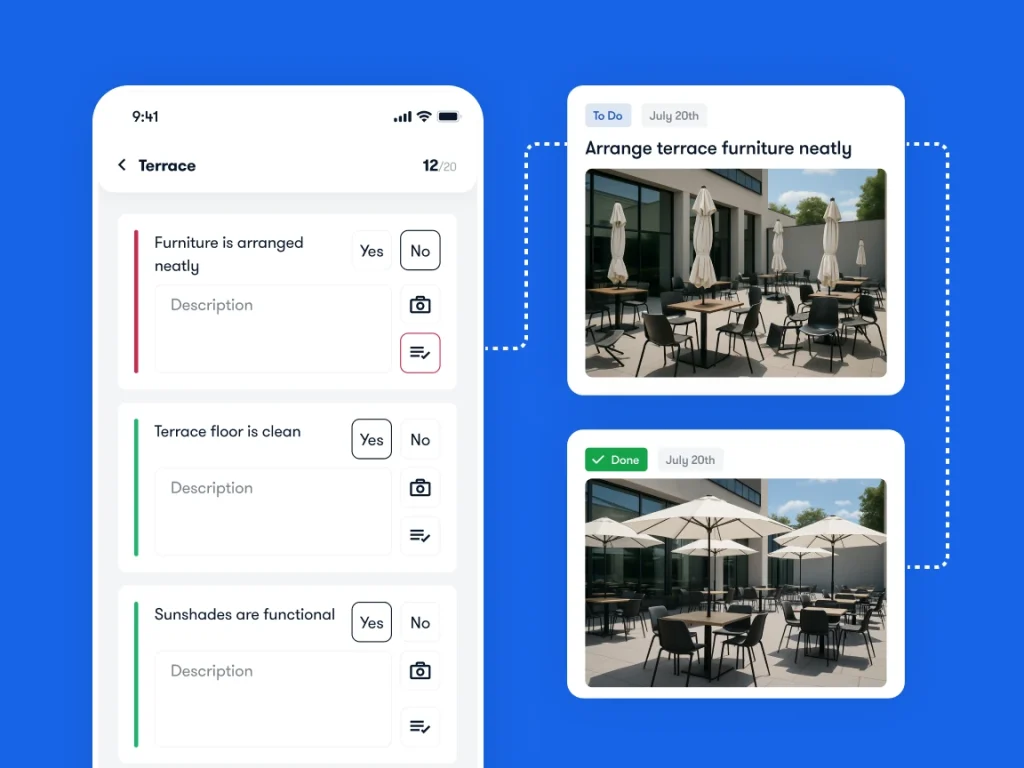
Key Features:
Customizable digital checklists for opening, hygiene, maintenance, and closing routines
Automatic task assignment when audits detect an issue (e.g. fridge temperature too high)
Photo proof to verify task completion
Real-time dashboards to track task status across all locations
Templates for recurring routines to save time and reduce human error
Staff evaluation tools for mystery guest visits, customer service, and more
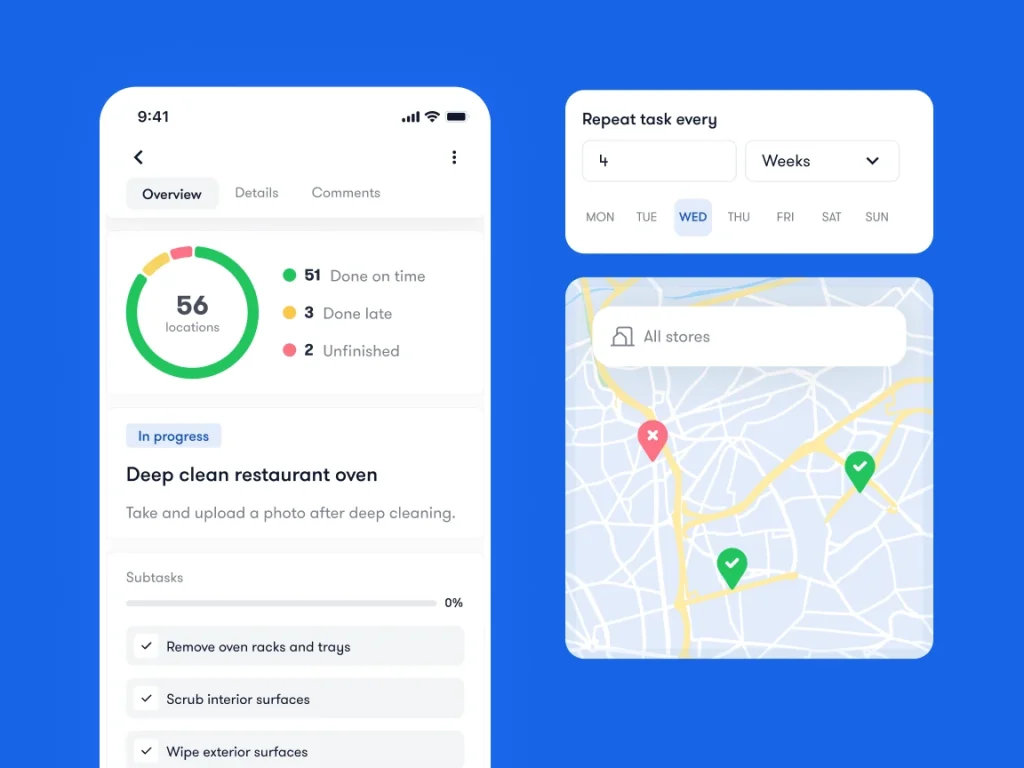
Pros:
Super easy to use on mobile
Cuts down manager follow-ups by automating issue tracking
Fast rollout across multiple locations
Helps enforce brand standards with visual evidence
Designed specifically for hospitality and retail operations
Cons:
Not a full POS (designed to integrate with one instead)
Why it stands out: Most restaurant teams know they’re leaking money somewhere, Bitreport actually helps you find the leaks and plug them.
Take control of your operations, before chaos takes control of you.
Toast – All-in-One POS Platform
Perfect for: Full-service and fast-casual restaurants that want a robust POS and operations suite in one.
Toast is a powerhouse when it comes to point-of-sale systems, offering everything from online ordering and loyalty programs to payroll and kitchen display screens.
Key Features:
Cloud-based POS
Tableside ordering and payments
Built-in loyalty and marketing tools
Hardware designed for restaurant use
Pros:
Deep, feature-rich platform
Great for multi-location operations
Highly customizable
Cons:
Pricing can scale up quickly with add-ons
Some features may be overkill for small restaurants
7shifts – Best for Staff Scheduling
Perfect for: Restaurants that want to reduce labor costs and improve team communication.
Scheduling your team shouldn’t feel like solving a puzzle every week. 7shifts makes it simple with smart templates, shift swapping, and labor forecasting, all in one sleek platform.
Key Features:
Drag-and-drop scheduling
Time clock and labor compliance tracking
Team messaging and announcements
POS integrations for smarter scheduling
Pros:
Saves hours of admin time each week
Easy for staff to use via mobile app
Helps reduce overtime and labor overspend
Cons:
Doesn’t handle inventory or financials
Best as a scheduling add-on rather than standalone
Lightspeed Restaurant – Best for Complex, High-End Operations
Perfect for: Upscale or multi-concept restaurants with detailed workflows and reporting needs.
Lightspeed’s POS and management platform is designed to be as flexible and detailed as you need it to be. It’s packed with tools for tracking performance across multiple locations, managing reservations, and integrating inventory.
Key Features:
Advanced POS with modifiers and kitchen workflows
Multi-location dashboard
Integrated ordering, delivery, and inventory options
Detailed analytics and reports
Pros:
Powerful and flexible
Ideal for complex setups and franchises
Integrates with many third-party tools
Cons:
Higher learning curve
May be too feature-heavy for smaller teams
Square for Restaurants – Best for Small Restaurants & Startups
Perfect for: New restaurants, cafés, and food trucks that need a fast, low-cost POS.
Square’s restaurant product brings simplicity and affordability to the forefront. You get a clean POS, integrated payments, and basic team management tools—all with no long-term contracts.
Key Features:
POS and payment processing
Online ordering and delivery integrations
Basic inventory and staff management
Easy-to-use mobile and tablet interface
Pros:
Transparent, affordable pricing
Works well out-of-the-box
Great for fast setups
Cons:
Limited customization options
Reporting and inventory are fairly basic
Final Thoughts
Restaurant operations in 2025 demand more than sticky notes and gut feelings. With the right software, you get visibility, control, and peace of mind, without adding more to your plate.
Whether you need help tracking inventory, cutting waste, managing staff, or simply understanding your numbers, there’s a tool built for your needs. And if daily operations, brand consistency, and team accountability are your priorities, Bitreport is one of the easiest ways to bring structure, speed, and visibility to your restaurant workflows.

